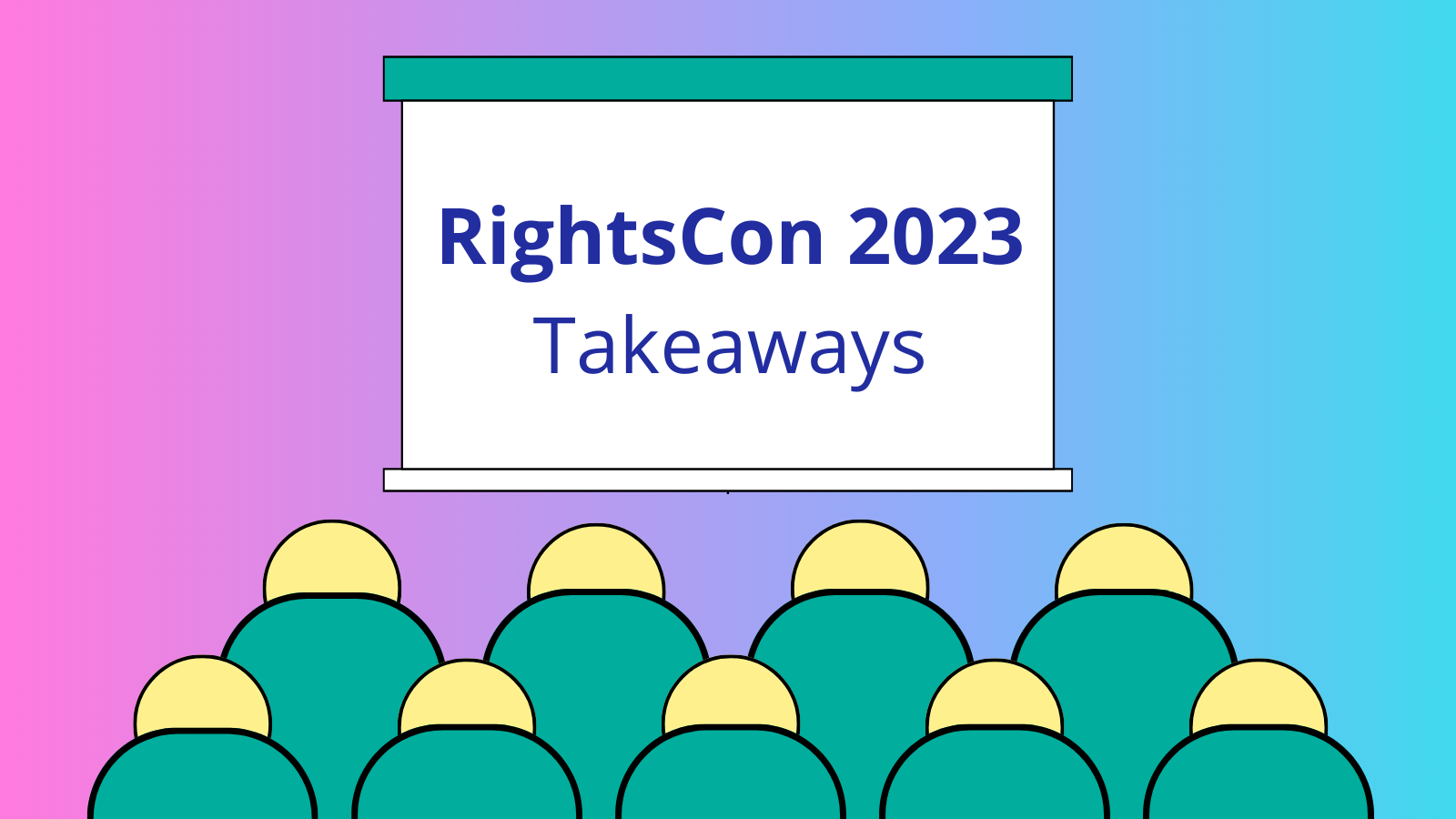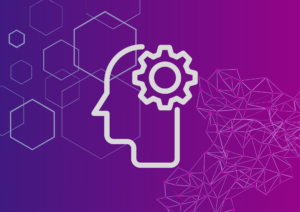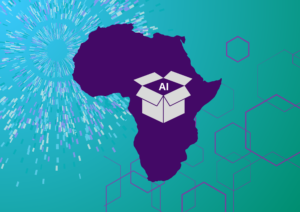From June 5-8, the Datasphere Initiative team, represented by Carolina Rossini, Director for Policy and Research, and Mariana Rozo-Paz, Research Associate, traveled to Costa Rica for the latest edition of RightsCon – the world’s leading global summit on human rights in the digital age.
The event brought together experts and practitioners from all over the world to discuss the most pressing human rights issues in a variety of fields. From the relevance of data governance to Artificial Intelligence (AI), Extended Reality (XR), and Humanitarian action, to trust and better digital public infrastructure, the event sparked conversations through panels, workshops, and other convenings.
In this blog, we share six key observations:
1. Collective data governance is gaining traction across the ecosystem
With partners, such as Connected by Data and Aapti Institute, the Datasphere Initiative co-organized a Policy Lab with the goal of building a coalition around the notion of collective data governance as a means towards public and community equity. These themes were further discussed at the event Collective, democratic, and just: towards a new global agenda on data governance policy and practice where Carolina Rossini was a speaker.
The session discussed the need for data governance to account for collective harms, public value, and community participation. The discussion explored opportunities within the G20 and other global policy processes to promote community-centered data governance and address challenges in different country and regional contexts. Overall, the session pointed to the importance of data governance going beyond individual rights and harms, and also empowering communities and giving them a voice in shaping data governance policies and practices.
2. Data governance, in relation to AI and XR, needs attention
Data not only plays a fundamental role in the development of Artificial Intelligence (AI) and Extended Reality (XR), but data governance is also key to ensuring that these technologies protect and promote human rights.
Data is a core input to new technologies and data governance is a key process, without these, no output will be adequate and harm might derive. The team attended a series of sessions on AI accountability and trustworthiness, as well as on the perils and promises of immersive technologies. One of the agreements from the conversations is how innovative data governance frameworks for AI and XR data should be based on a better understanding of the value of AI and XR data and its generative effects.
3. Humanitarian data is maturing and increasingly vital to deal with global challenges
The Datasphere Initiative team attended the session Challenges, opportunities, and responsibilities in humanitarian data: emerging data stewardship models for crisis-affected communities. The panel discussed data practices in cash and voucher assistance programs during humanitarian crises, focusing on the development of data stewardship models to enhance operational effectiveness while upholding the rights and interests of those affected.
Participants shared feedback, proposed solutions, and aimed to advance aid-recipient empowerment, fostering collaboration and understanding among diverse communities and advocates. For the Humanitarian sector, the increase of data localization norms is a core barrier for fast assistance in a world marked by humanitarian crises – from climate to refugees and more. In any case, a core takeaway was how the use and the understanding of humanitarian data’s value are maturing and has become central to the functioning of the sector.
4. Youth are speaking out
The impacts of data on youth communities have not gone unnoticed, and youth are speaking out on what a fairer data future looks like to them and the ways in which data could be leveraged to their benefit.
Mariana Rozo-Paz joined a session organized by the Data Values Project to discuss the role of youth in shaping a fairer data future and share information on Datasphere’s project #Youth4OurDataFuture. Together with other advocates and organizations working to leverage the power of youth’s voices to transform the data economy, Mariana stressed the importance of providing the space for meaningful youth engagement. The main takeaway from the session was the relevance of enhancing representation and community engagement around data to reshape the data economy.
5. Coordination on G20 advocacy is picking up speed
The G20 and other global policy processes play a key role in changing the narrative around data governance and fostering community-centered approaches. In fact, the coordination on G20 advocacy is picking up speed. With the presidency of the G20 turning to Brazil, advocacy coalitions are being formed to coordinate data governance and highlight the necessity of unlocking the value of data for all.
The Datasphere Initiative joined various meetings that delved into the topic of governing global digital public goods and the development of a fair digital agenda under the leadership of the IBSA countries (India, Brazil, and South Africa) in the G20. Further partnerships were developed, to ensure multistakeholder coordination – especially academia, civil society, and foundations – in regard to the data governance agenda in the G20 and other relevant fora.
6. Dialogue on Digital ID is connecting local needs with international deliberations
The Datasphere Initiative team was invited to join the Digital ID Coalition to advocate for a more inclusive and safe digital identity at the local and international levels. The team contributed to the discussions and the strategy of the coalition and shared the work developed by Mariana Rozo-Paz on Inclusion in Digital Identity Policies and Systems. More updates on the coalition will come in the future.
Next steps for the Datasphere Initiative
Overall, RightsCon provided an opportunity to engage with like-minded individuals and partners and to consolidate new collaborations to responsibly unlock the value of data for all. People are increasingly talking about data and forming coalitions to ensure that its value brings benefits across sectors, industries, and communities.
Upcoming collaborations will support our #Youth4OurDataFuture, Global Forum on Sandboxes, and Observatory Platform projects. If you would like to collaborate on any of these projects or want to know more about the Datasphere Initiative’s participation at RightsCon, reach out to [email protected].






